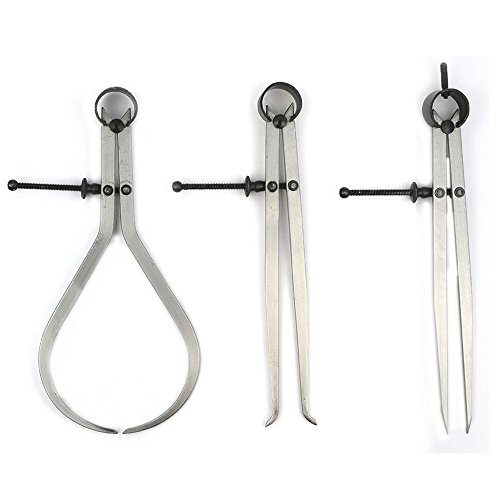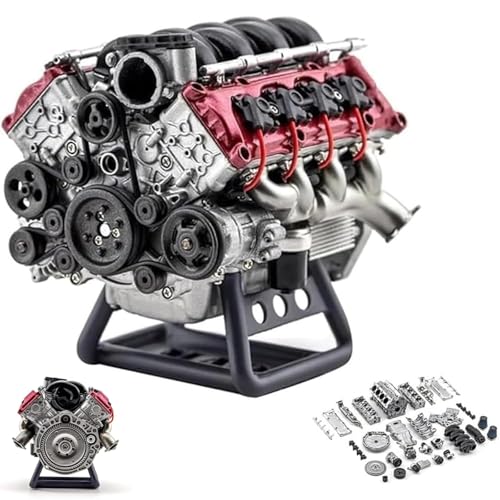Cnc Kit 3 Axis Tb6560 Stepper Motor Driver Mill Router Nema 23 Motor 24V10A Psu From Frist-Supply on E-Bay New 3 Axis TB6560 Driver Controller Board
1/16Microstep, 12-36V, 1.5A-3A
3 x New 57BYGH56-401A Single-Shaft Stepper Motors 1.26Nm/175oz-in 2.8A
1 x New 24V 10A power supply
$208.00
Would this be a good start
From Company called Frist-Supply
1/16Microstep, 12-36V, 1.5A-3A
3 x New 57BYGH56-401A Single-Shaft Stepper Motors 1.26Nm/175oz-in 2.8A
1 x New 24V 10A power supply
$208.00
Would this be a good start
From Company called Frist-Supply




















![Learning AutoCAD Civil 3D 2014 [Online Code]](https://m.media-amazon.com/images/I/51F3yi9fokL._SL500_.jpg)




![DreamPlan Home Design and Landscaping Software Free for Windows [PC Download]](https://m.media-amazon.com/images/I/51kvZH2dVLL._SL500_.jpg)



































